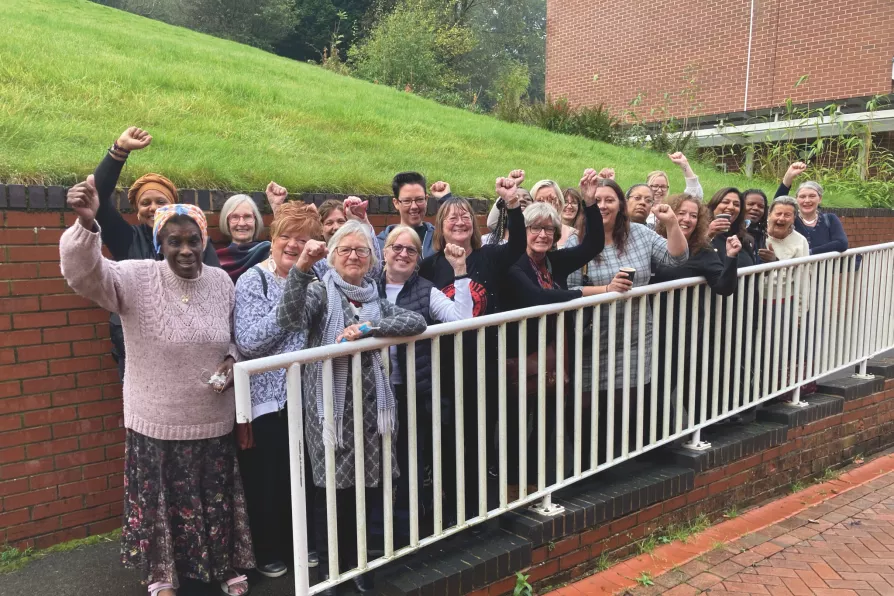RICHARD BURGON MP speaks to Ben Chacko about the Labour right’s complicity in the Mandelson scandal and the need for a total break with Starmerism if the party is to defeat Reform
Living in a culture which sanctions deeply sexist and misogynist behaviour, women in Britain have to build unity among themselves, our communities and in our class organisations to protect ourselves, defend our rights and be ready for the struggles ahead.
Our daily lives are blighted by oppression because we are women. Poverty, sexual harassment, physical violence, inequality and marginalisation are the lot of many of us.


 Latest editorial
Latest editorial













